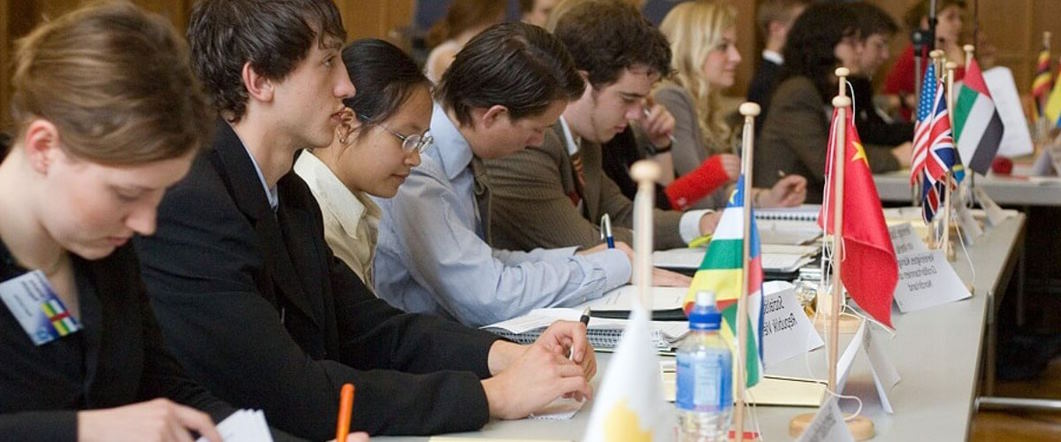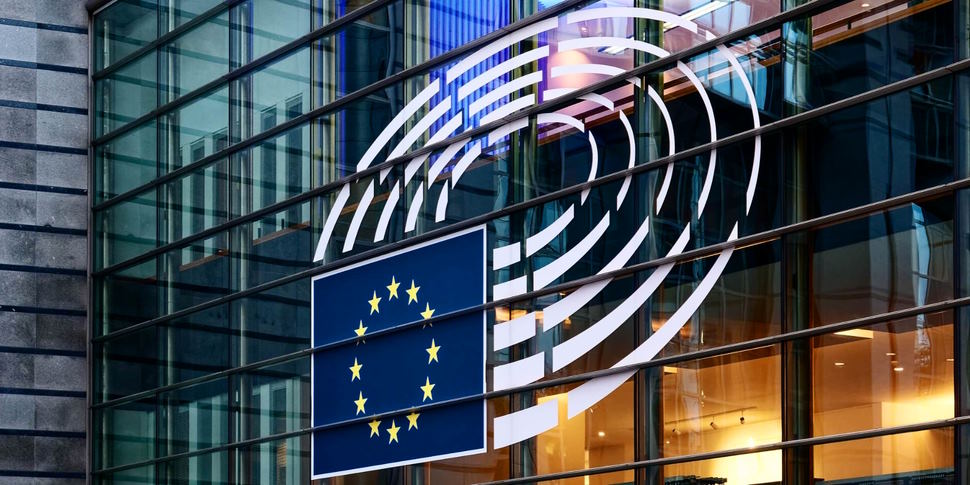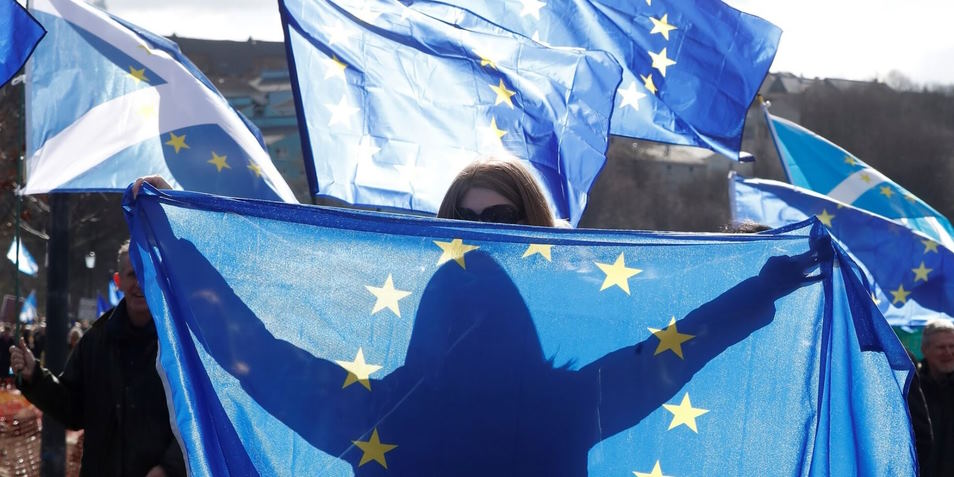The role of young people in politics has always been significant, but it is becoming increasingly important as the world becomes more connected and digital. With the rise of social media and youth-led movements, young people are using their voices to advocate for change and demand action from political leaders. This article will explore the power of youth in politics and the changing landscape they are shaping.
Youth-led Movements and Activism
Young people have always been at the forefront of social and political movements, from civil rights to anti-war. In recent years, we have seen the rise of youth-led movements such as Black Lives Matter, Fridays for Future, and the March for Our Lives. These movements have demonstrated youth activism’s power and ability to effect change globally.
Black Lives Matter, for example, started as a social media hashtag in response to the killing of Trayvon Martin in 2012. Since then, it has become a global movement fighting against police brutality and racial inequality. Similarly, Fridays for Future, led by teenage climate activist Greta Thunberg, has become a global movement demanding action on climate change. These movements have pressured political leaders to address issues such as systemic racism, climate change, and gun control.

Youth Voter Turnout
In many countries, the youth vote has traditionally been low, but we have seen a surge in youth participation in elections in recent years. For example, youth voter turnout in the 2020 presidential election was the highest in decades in the United States. This increased engagement can have a significant impact on election outcomes and can influence political agendas.
In the UK, the Labour Party’s surprise surge in the 2017 general election was partly attributed to the high youth turnout, with many young people voting for the first time. Similarly, in Canada, the youth vote was a key factor in Justin Trudeau’s victory in the 2015 federal election. These examples demonstrate the power of the youth vote and its potential to shape political outcomes.

Social Media and Political Mobilization
Social media has become a powerful tool for political mobilization, especially among young people. Platforms such as Twitter, Instagram, and TikTok have enabled young people to connect and organize around issues that matter to them. Social media has also provided a platform for youth voices to be heard and has amplified their messages on a global scale.
During the 2018 US midterm elections, social media played a key role in mobilizing young voters. Organizations such as NextGen America used targeted ads on social media platforms to encourage young people to vote. In the UK, social media played a role in mobilizing young people to vote in the 2017 general election, with hashtags such as #Grime4Corbyn and #Hungry4Democracy trending on Twitter.
The power of youth in politics is undeniable. Young people are shaping the political landscape through their activism, voter turnout, and use of social media. Their voices and actions drive change and push political leaders to take action on issues that matter to them. As we look to the future, it is important to continue to engage and empower young people in politics and create opportunities for their voices to be heard. By doing so, we can create a more inclusive and representative political system that truly reflects the needs and aspirations of all citizens.





































